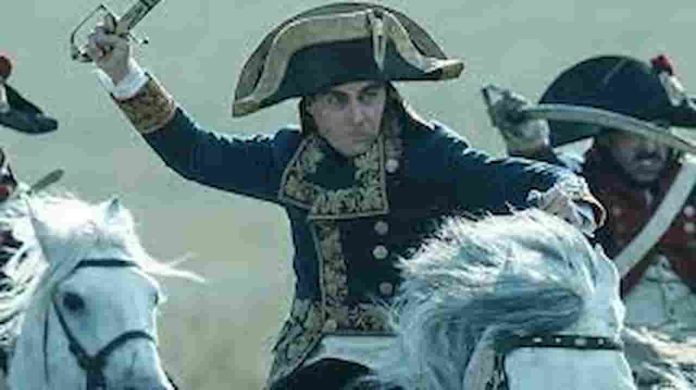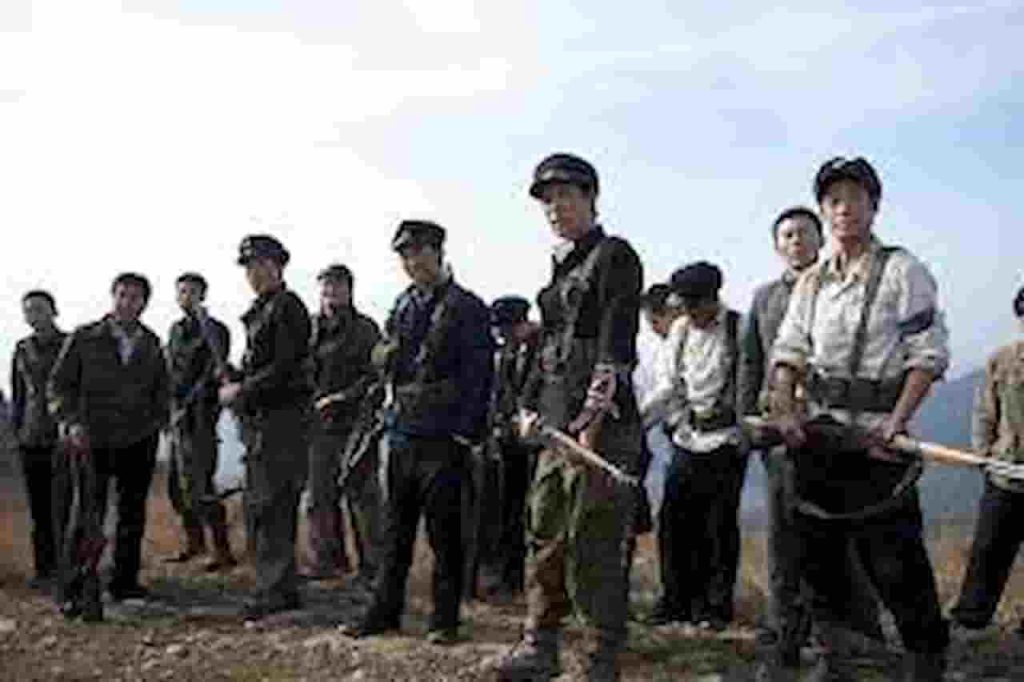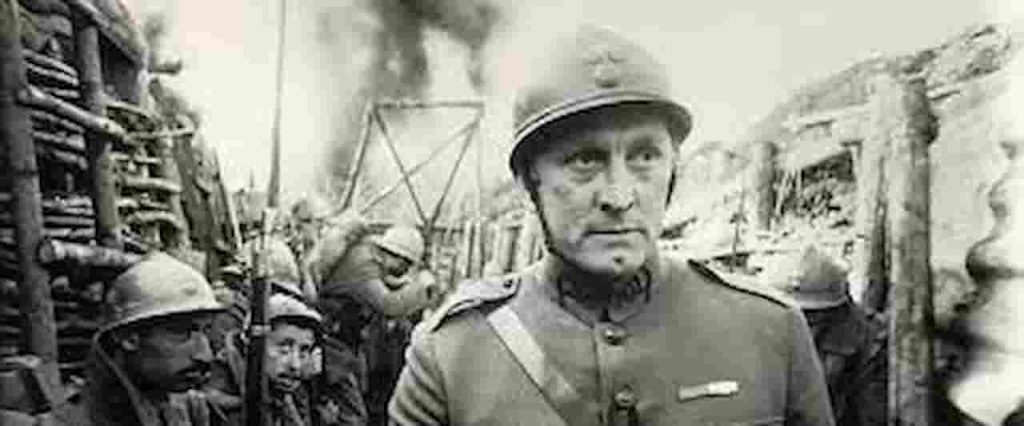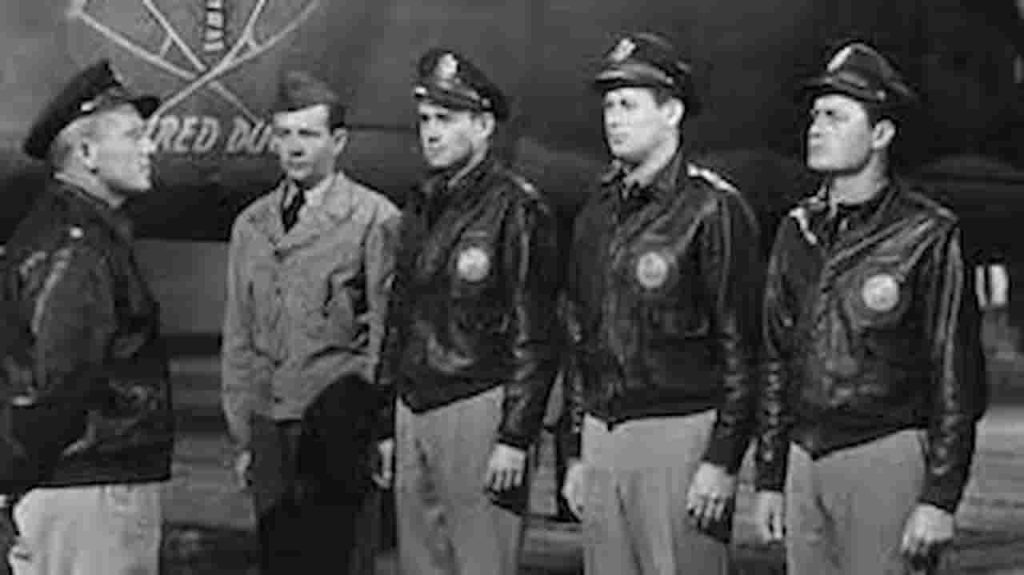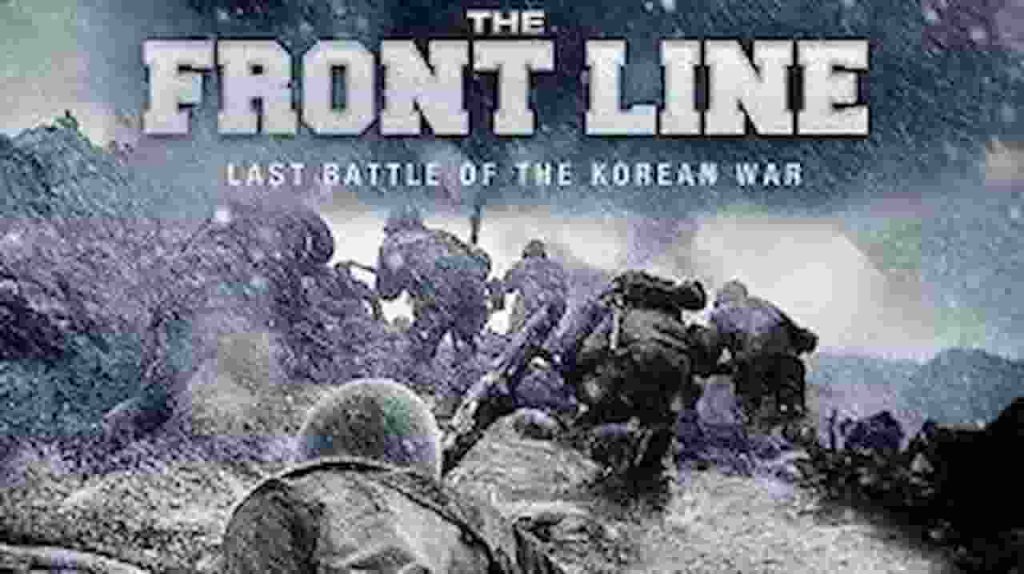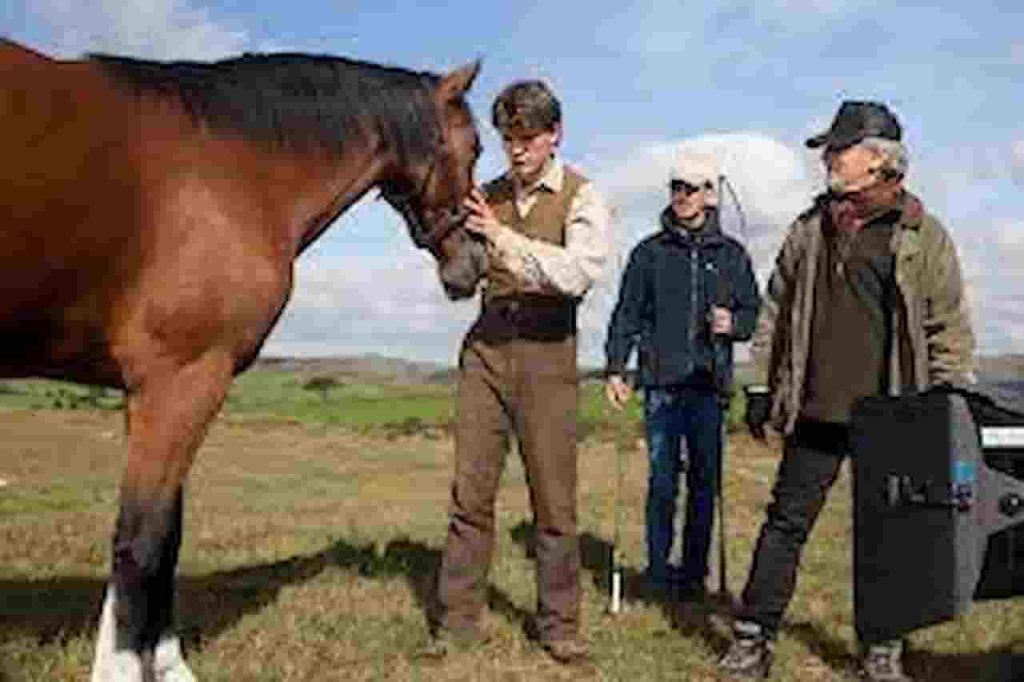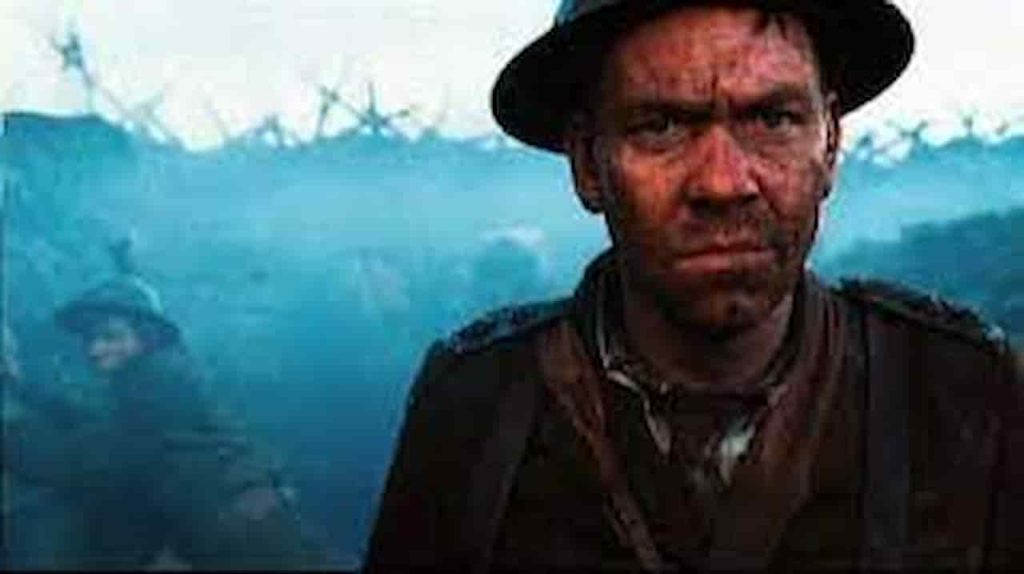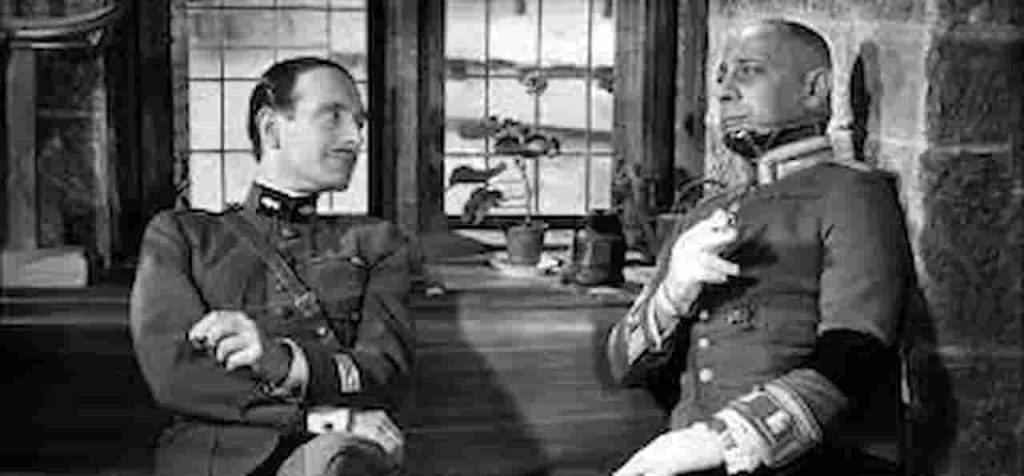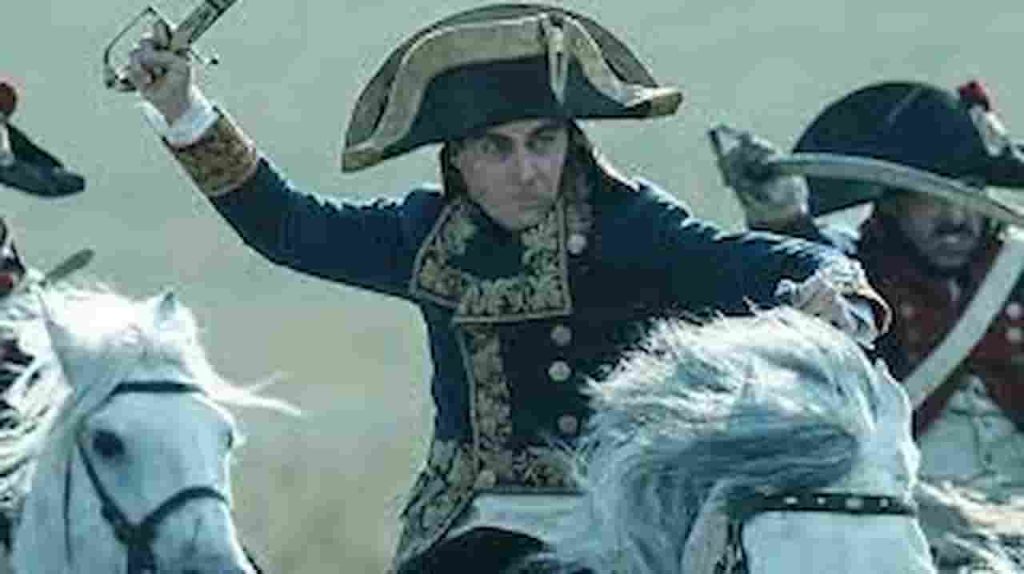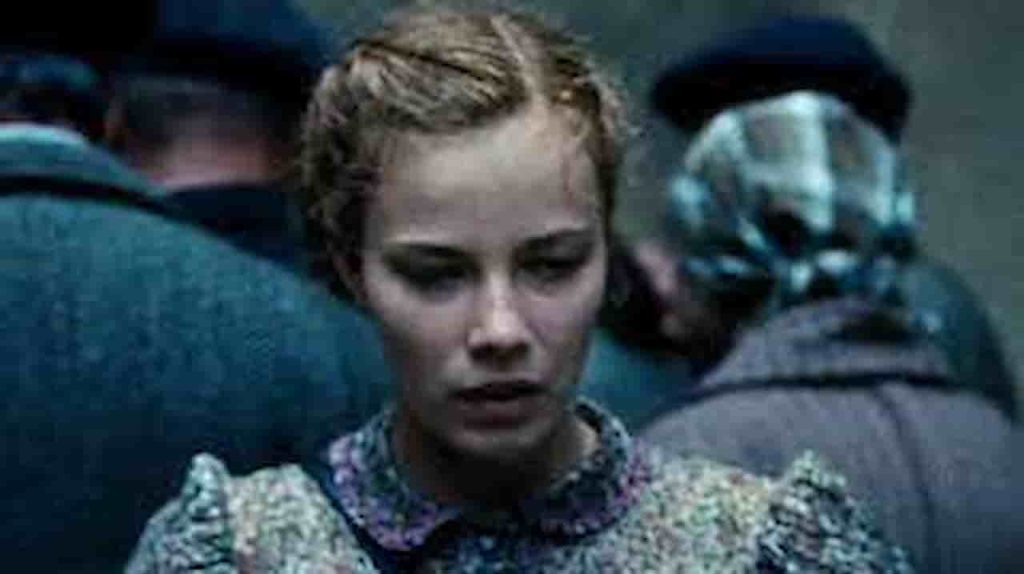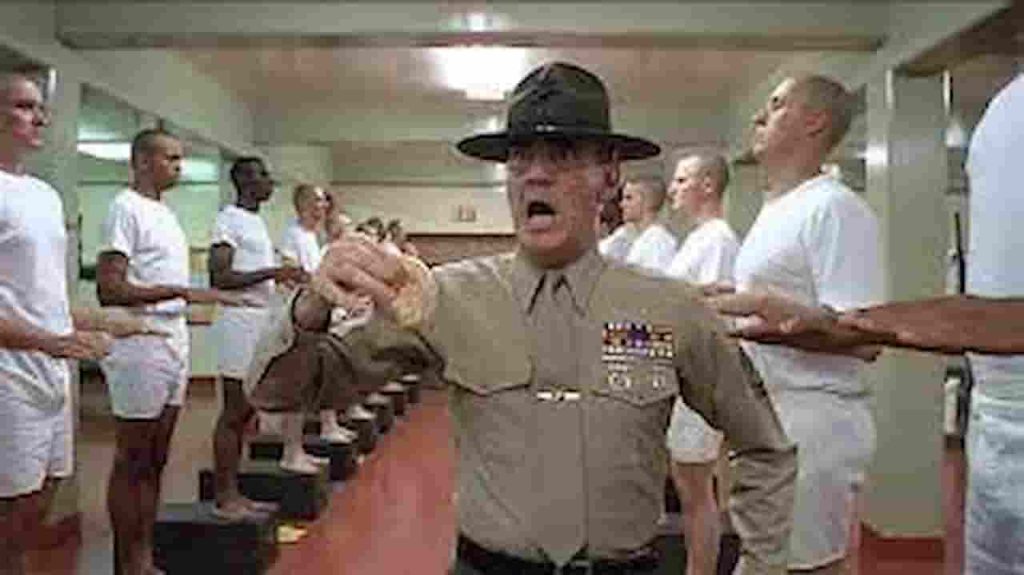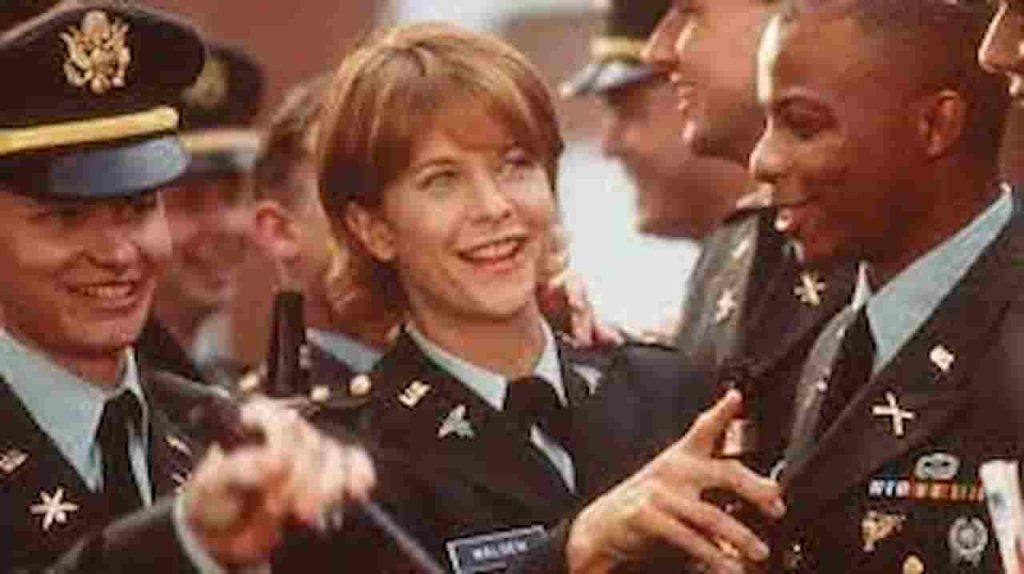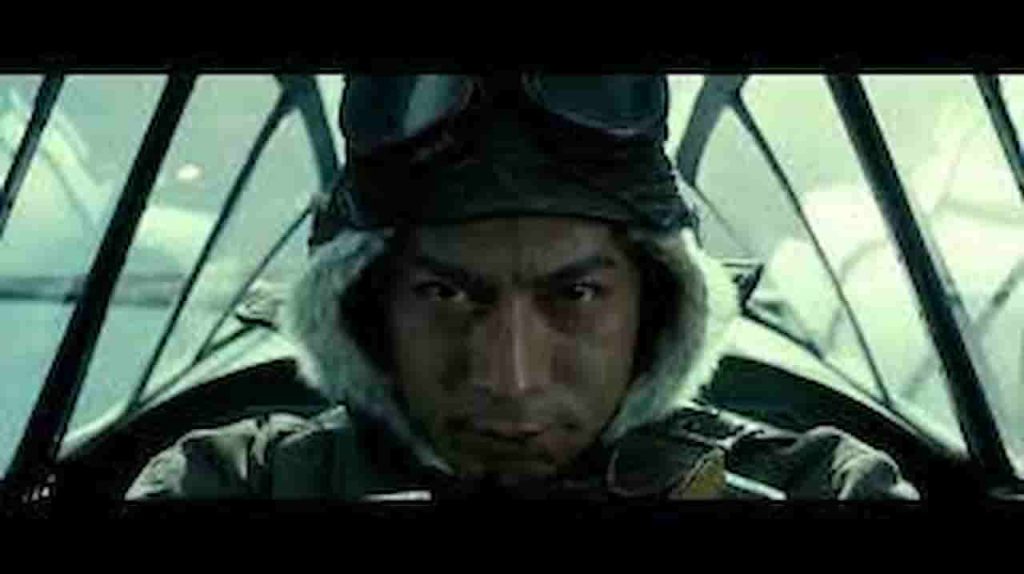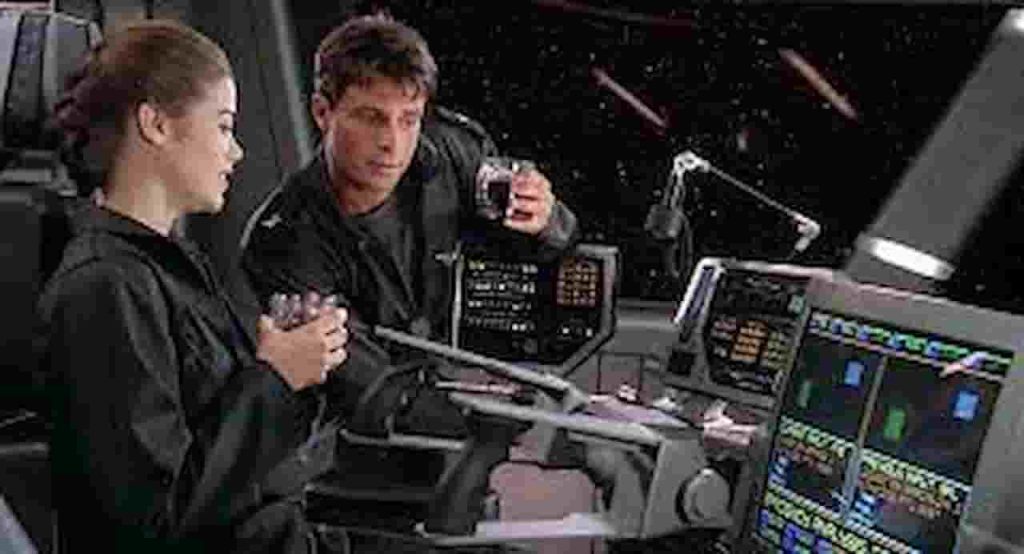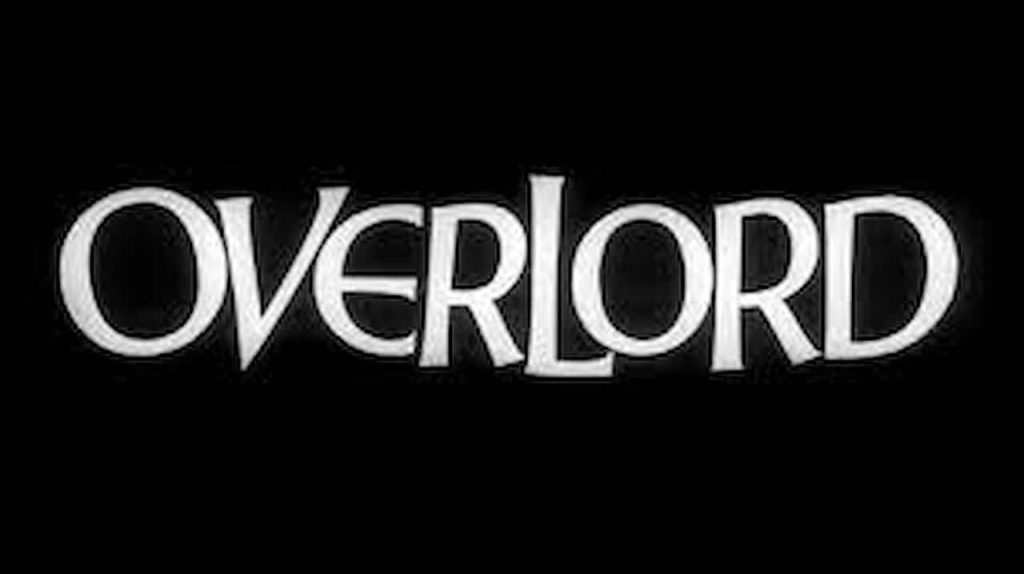Right Now, These Are The 15 Best War Movies:
Being in war was hell, but it makes for great plots. It’s no surprise that some of the best movies of all time are about war. Few other man-made nightmares make such great natural settings for tension, horror, and bravery.
But the most effective war movies are more than just showy bluster. They raise important issues about what war is and how it works. What’s the point of fighting? What’s going to happen now?
War movies have always had a special place in the movie theater. They have a lot of excitement and feeling, which is what people want from movies. War is a great setting for a story because of the blood and death that happen there.
Over the years, a lot of movies in this type have been praised by critics, done well at the box office, and been recognized at important award shows. The following movies are must-sees if you also like war movies:
Into The Fire:
‘Into the Fire’ is the amazing story of a group of young individuals who fight the battle of a lifetime at the start of the Korean War. People were afraid of the 766th Unit of the North Korean Army.
Because they were so cruel and bloodthirsty, they were given the task to take over a strategically important area. When the South Korean forces can’t protect the area, 71 student troops step up and fight the North Korean forces from their post.
Paths Of Glory:
Our top choice, at the top of the list, is the most powerful message about how cruel people are to each other. Is it a surprise that Stanley Kubrick wrote it? Stanley Kubrick made a lot of movies about how stupid the military can be.
Paths of Glory stood out from the rest because it was tough on the pride that comes alongside fighting, not because it had brutal scenes of trench battles in World War I. Kirk Douglas’s lawyer-colonel has to defend three troops in court who were found not guilty of any crimes and were only involved in a lost battle.
Kubrick’s movie, which was based on a true story of French troops being killed for “cowardice,” made the French government so mad that it was unable to be shown to the public there until 1975.
But the movie’s lesson is ancient and universal: if war makes us monsters even when we’re not fighting, then it’s not worth fighting.
Thirty Seconds Over Tokyo:
When war movies come out, they don’t have much time to think. It’s possible that Thirty Seconds Over Tokyo’s main goal isn’t to boost spirit during World War II, but it’s certainly one of them. The movie tells the tale of the initial air raid upon Japan after the attack upon Pearl Harbor.
Men go into war with courage. Women put on a good face when they have to be apart and make sacrifices. It’s for the better good, and everyone knows that.
But the movie, which was directed through Mervyn LeRoy from a story by Dalton Trumbo, goes beyond propaganda by showing how the raid was planned and what happened afterward.
LeRoy paints a terrifying picture of the attack, but it’s the time spent with the crew, led by Van Johnson, which makes the film stand out.
The Front Line:
Both North and South Korea went to war with each other in 1950 to see who had the upper hand. But three years later, the war ends in a standstill, even though everyone thought it would end soon. There should be clear lines between the two sides, but neither is willing to give up any land.
In the middle of all this, a senior officer within the South Korean army was killed. First Lieutenant Eun-Pyo is sent by the South Korean army’s senior officer to look into the crime. He is told that there was a traitor among them and that the North could win the war if the traitor isn’t caught soon.
Apocalypse Now:
The struggles that went into making Francis Ford Coppola’s strange war movie are well known: the nightmare-like three-year filming process; star Martin Sheen’s heart attack as well as recovery; and the laughing press corps that got ready for an epic turkey.
Coppola would get the last laugh. A lot of the language used in modern war movies comes from this one. It’s an epic tragedy set in Vietnam made up of whirring helicopter blades, Wagnerian blasts, purple haze, and Heart of Darkness by Joseph Conrad, an imperialist fantasia.
Fans of the director of “The Godfather,” who was so important to the 1970s, know that this is his last fully completed work. Fans of the war movie, on the other hand, see it as his second complete masterpiece.
War Horse:
A popular play from the 2000s was based on a book published in 1982 and adapted by Steven Spielberg. It tells the story of a young soldier named Albert as well as his horse Joey as they travel through Europe during World War I.
It’s not about pride for them to fight there; it’s about evil, stupidity, and horror. Thank goodness Joey is still alive, Albert sees moments of kindness as well as hope in the middle of the violence.
Still, Spielberg always stresses how fragile these moments are in a movie that draws a lot from the images and ideas of John Ford. Things with hooves and people who love them have a hard time in the world.
Beneath Hill 60:
In this Australian movie, a group of men do a dangerous job that changes the course of the war for the Allies. The British troops are stuck upon a front, and the German troops are always pushing them back.
They come up with a way to get to them without fighting on the ground. Instead, they fight below it. It is up to the 1st Australian Tunnelling Company to dig under Hill 60 and set the stage for victory.
Grand Illusion:
The great humanist filmmaker Jean Renoir directed and wrote this great World War I story regarding a German captain who captures two French aviators as well as moves them from jail to prison.
The two make a great escape plan, but this isn’t an easy story about good guys and bad guys. There is a lot of class strife. One of our heroes is a nobleman who gets along well with his guard.
The other is a rough-hewn guy who goes on a fiery rant against the system. But Renoir doesn’t put one character ahead of the others. In fact, the movie shows sympathy for all points of view, even as it asks wisely how these hostile situations came to be.
The movie won many awards for its obvious kindness, but Joseph Goebbels hated it so much that he called it “Cinematic Public Enemy No. 1.”
Napoleon:
For the careful way that Ridley Scott stages the fight scenes in his biopic of Napoleon Bonaparte, this movie deserves to be on this list.
The Siege of Toulon, the Battle of Austerlitz, Waterloo, as well as additional battles all show how the leaders planned their attacks and how the weapons worked. In addition, Scott gives each one a unique mood and a disturbing intensity.
In this place, war is a scary thing to do because death can come quickly and cruelly, sometimes by fire and sometimes by ice. Even though Joaquin Phoenix gives a stern, knowing performance to be Bonaparte, the movie doesn’t seem to think as much about the man himself, at least in the shorter version shown in theaters.
But maybe that’s the point. It’s possible that someone who can take this much power is not fully human.
Lore:
The world did more than just try to heal itself shortly after the Second World War. As soon as the Second World War ended, the war criminals had to be brought to justice.
All German soldiers were looked at closely because they were members of the Nazi Party. This made things hard for them. These events cause the deaths of five brothers whose parents supported the Nazis.
They set out on a trip to find their grandmother, yet along the way, they have to rely on the kindness of strangers to stay alive while other people hate them. They don’t feel safe yet.
Full Metal Jacket:
Stanley Kubrick made one of the most powerful political movies ever with Paths of Glory in 1957. It was clear that everyone didn’t get the word. After thirty years, he chose to say it louder for the imperialists within the back.
When Kubrick moves from World War I to Vietnam, he doesn’t just show how horrible the fighting is; he also criticizes the whole war machine. The initial half of the movie, which takes place in basic training, was purposely scarier than the parts that follow, which involve bombs and firefights.
The point is to make them less sensitive, just like the troops. If you’ve ever looked into the hollow eyes of Vincent D’Onofrio’s tortured Private Pyle, you’ll understand why the more abstract horrors of military war seem like a walk in the park. At least until you have to look the “enemy” in the eyes.
Courage Under Fire:
Edward Zwick’s “Courage Under Fire” was the first Hollywood movie about the Gulf War. It was additionally one of the earliest films to talk about the controversial topic of women in battle at the time.
It’s not really about either of those things, though. Instead, this play based on Rashomon looks at what it means to be honest in the worst situations possible.
The role of Lieutenant Colonel Serling is played by Denzel Washington. His job is to find out the truth about an event that could lead to Captain Karen Walden becoming the very first woman to earn the Medal of Honor.
But the more he looks into the story, the more inconsistencies he finds. At the same time, he is having trouble with his own secret.
The movie is both a mystery and a study of a few characters, and Washington does a great job of showing the silent pain of a man who realizes he’ll never be ready to let go of the past.
The Eternal Zero:
What do you really understand regarding your parents’ past? Where did they grow up? What was their youth like? Who were they before they met you?
If your answer doesn’t make you feel better, contemplate your grandparents. Someone shockingly tells Kentaro Seiki something regarding his maternal grandfather that makes him realize how little he knows about him.
Because he wants to know who he really is, he looks into his past as a suicide pilot. What confuses him even more are the different stories people tell about him.
Starship Troopers:
Please stop laughing. Our list of best sci-fi movies is very long for a reason. Hollywood’s powerful money machine wasn’t so used to make a sly statement about its own Nazi tendencies.
Director Paul Verhoeven was ecstatic about his movie’s box office success while hot bimbos with empty heads killed giant bugs. The joke was almost revealed when Neil Patrick Harris showed up near the conclusion of the movie wearing a full-length Nazi trench coat.
The original author, Robert Heinlein, wrote a story about war with good intentions. However, the careless loss of humanity shown here is a sharp criticism of soldiers and common tastes. Look at it again with new eyes.
Overlord:
Stuart Cooper’s Overlord tracks a sensitive young soldier called Tom from the time he joins the army until the D-Day invasion. It does this by mixing new story scenes with documentary video. Tom keeps picturing his death, and the documentary scenes make him feel like he’s a part of a story that’s already been written.
This gives the movie a sense of inescapability. Focusing upon the life of a single soldier, the movie has a unique feel thanks to its mix of dreamy scenes and historical footage. It also pays tribute to the many people who died in the war.

